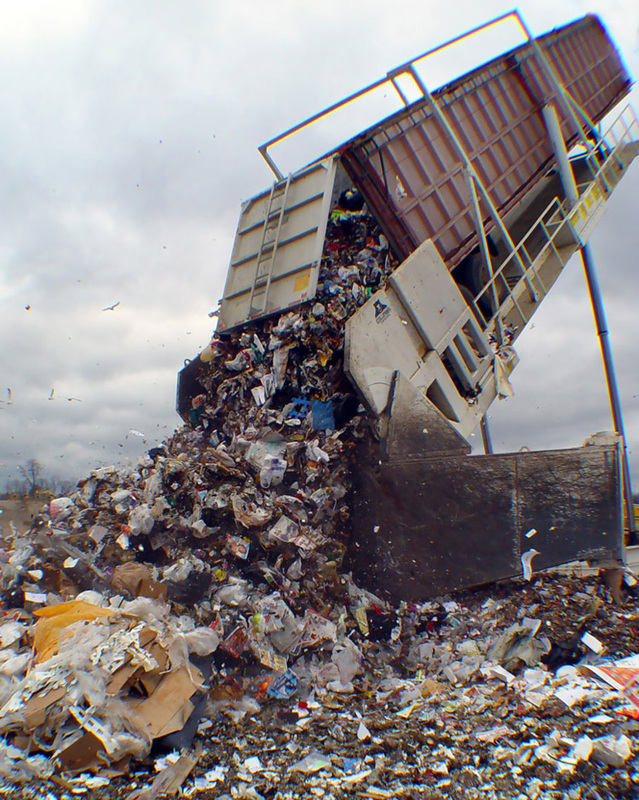ExcretionHow is it determined what’s waste and what’s not?
Shown above is a major process of maintaining homeostasis. Getting rid of waste and excess water. Such a basic process is actually very complex. It involves an intricate exchange of material through the kidney. Urinary System The kidneys are part of the urinary system. The main function of the urinary system is to filter waste products and excess water from the blood and excrete them from the body. Kidneys and Nephrons The kidneys are a pair of bean-shaped organs just above the waist. The function of the kidney is to filter blood and form urine. Urine is the liquid waste product of the body that is excreted by the urinary system. Nephrons are the structural and functional units of the kidneys. A single kidney may have more than a million nephrons! Each nephron is like a tiny filtering plant. It filters blood and forms urine in the following steps:
ExcretionIf you exercise on a hot day, you are likely to lose a lot of water in sweat. Then, for the next several hours, you may notice that you do not pass urine as often as normal and that your urine is darker than usual. Do you know why this happens? Your body is low on water and trying to reduce the amount of water lost in urine. The amount of water lost in urine is controlled by the kidneys, the main organs of the excretory system.
Excretion is the process of removing wastes and excess water from the body. It is one of the major ways the body maintains homeostasis. Although the kidneys are the main organs of excretion, several other organs also excrete wastes. They include the large intestine, liver, skin, and lungs. All of these organs of excretion, along with the kidneys, make up the excretory system. The roles of the excretory organs other than the kidney are summarized below:
|
Excretory systemFiles:practice files will be updated shortly
Helpful links |


